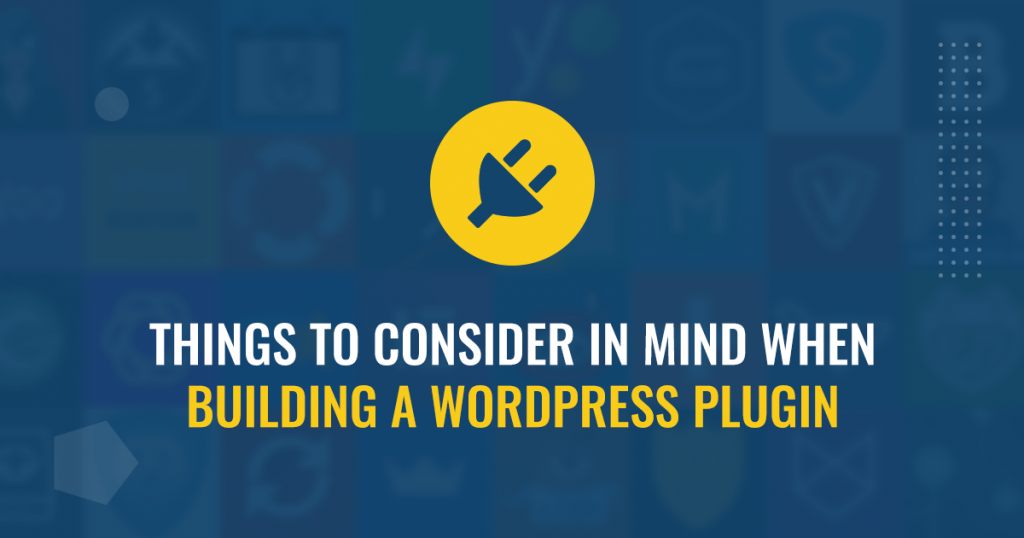A plugin is a single file or group of files that can be added to a website. Using this plugin to your site, you can extend functionality or add new features to your WordPress websites. Every developer knows the coding. But while you are building a WordPress plugin then you must remember basic requirements like high-quality coding, secure hosting, and functionality.
1. Don’t Try to Develop Without Debugging
When developing a WordPress plugin, the first thing in mind is to enable the debugging, because, by default, it’s turned off. Go to your WordPress installation and look for this line,
define(‘WP_DEBUG’, false);
Replace these lines with the following lines. It’s added to your wp-config.php file and debugging is fully enabled.
define(‘WP_DEBUG’, true);
Use of the debugger, you can show all WordPress notices, by mistake if you’re using any deprecated functions.
2. Give a Unique Prefix
Give all plugins must have a unique function name, defines, and class names. It means your plugin is conflicting with other plugins or themes. Just keep in mind when your WordPress plugin is active that PHP loads the functions from the plugin into the WordPress execution space, where all functions from all plugins live together. There is no separation of functions for each plugin. At that time it will raise an error if you use a common name.
3. Secure your plugin from the Direct file access.
For securing your plugin, you can avoid direct file access.
if ( ! defined(‘ABSPATH’ ) ) exit; // Exit if accessed directly
Put to this above code at the top of all PHP files.
4. Don’t Use Single and Double underscores as a Prefix
Double underscores and single underscores are already taken by WordPress itself. Inside your classes, you can use it, but not use it as an independent function name.
5. Use the Right Hooks
In the WordPress plugin, the critical thing is a proper understanding of Hooks. Hooks is a piece of code that interacts with another piece of specific code. There are two types of hooks in WordPress. Actions and Filters. This hooks e.g. actions and filters. Hooks allow the plugins to run with defined functionality at specific times within the WordPress functions.
6. Take Benefits of Auto Updates
In addition to this functionality must be turned on by the user side through your WordPress plugin, it’s not enabled by default. When it’s turned on it is great for security and version releases. The user about the auto-update option highlights through your plugin’s admin interface.
7. Create a User Customizable Plugin
Use of your plugin, the user can modify styles like icons, fonts, background, and colors. Also, provide an enable and disable option for third-party sites. Like Facebook API, Google Analytics. Consider creating multiple plugin themes in dark light shades.
Conclusion
There are some challenges for WordPress plugin in the market. It is famous because of this free community support. So don’t hesitate to share with us if you have other things that also remember in mind when making the WordPress plugin.
